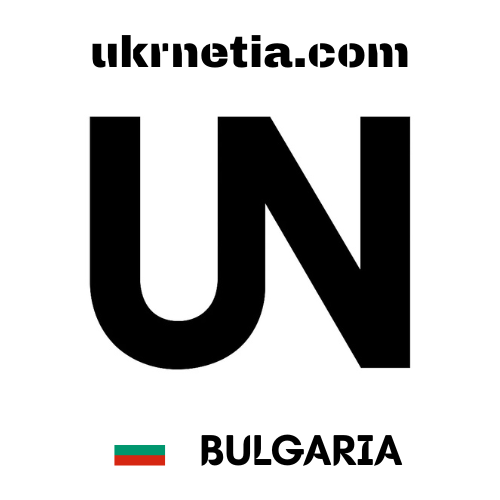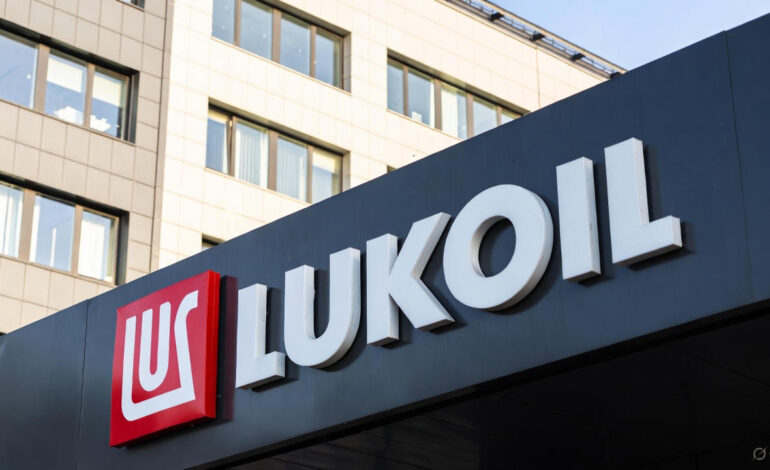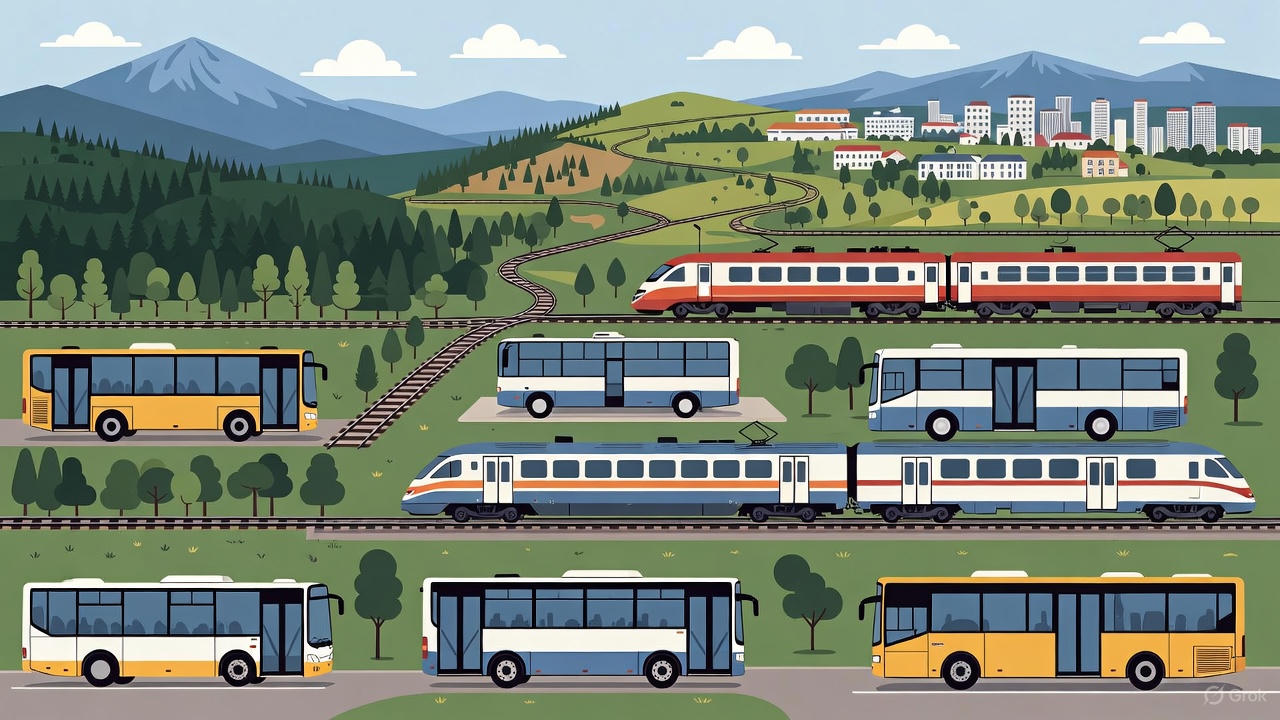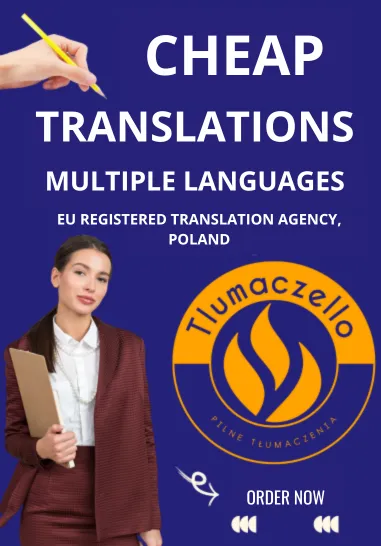EU Blue Card: A Gateway for Highly Skilled Non-EU Professionals to Work in the EU

The EU Blue Card is a residence and work permit designed to attract highly qualified non-EU citizens to fill skill shortages across the European Union. Launched in 2009 under Directive 2009/50/EC and significantly updated by Directive (EU) 2021/1883 (effective from 2023 with further refinements in 2025), it offers a streamlined path to employment, family reunification, and intra-EU mobility. As of November 2025, all EU member states except Denmark and Ireland participate, including recent full Schengen entrants like Bulgaria. For professionals from third countries (e.g., the US, Canada, India, or Brazil), the Blue Card provides equal treatment to EU nationals in terms of working conditions, salaries, and social security—making it an attractive alternative to national work visas.
In Bulgaria, the scheme has been particularly welcoming, with 2025 reforms lowering barriers to entry amid labor shortages in IT, engineering, and healthcare. This guide details eligibility, application processes, and benefits, with a focus on Bulgaria as a cost-effective EU hub.
Eligibility Criteria: Who Qualifies for the EU Blue Card?
To obtain an EU Blue Card, applicants must meet stringent requirements proving high qualification and economic contribution. These are harmonized EU-wide but allow national variations, such as salary thresholds.
Key Requirements
- Higher Professional Qualifications: A university degree (at least three years of study) recognized in the host country, or equivalent professional experience. In Bulgaria and across the EU, 2025 updates allow applicants with at least five years of relevant experience in fields like IT or engineering to substitute for a degree, supported by certificates from prior employers or authorities. For regulated professions (e.g., medicine, law), national licensing is mandatory.
- Valid Job Offer or Contract: A binding employment contract or job offer for at least six months (reduced from 12 months in 2025). The role must match your qualifications and be in a highly skilled sector. No labor market test is required in Bulgaria or most EU states, bypassing the need to prove no local candidates exist—unlike standard work permits.
- Salary Threshold: The gross annual salary must meet or exceed 1.5 times the national average (or 1.2 times for shortage occupations like ICT or STEM, per 2025 rules). Thresholds vary by country and are adjusted annually.
| Country | Minimum Annual Gross Salary (2025) | Notes |
|---|---|---|
| Bulgaria | €9,933 (standard); lower for shortages | Lowest in EU; previously €21,132 |
| Germany | €45,300 (standard); €41,808 for shortages | High demand in tech |
| France | €59,700 | Applies 1.5x average |
| Netherlands | €68,000 | Highest in EU |
| EU Average | ~€40,000–€50,000 | Varies; check national sites |
In Bulgaria, the 2025 threshold equates to about €827/month—far below Western standards, making it ideal for freelancers transitioning to full-time roles earning $50,000+ USD annually.
- Other Essentials: Valid passport, health insurance (minimum €30,000 coverage), proof of accommodation, and a clean criminal record (apostilled and translated). Applicants must not pose a threat to public policy or security.
Family members (spouse/partner, children under 18) can join immediately, with access to work and education rights after arrival.
Application Process: Step-by-Step Guide
The process typically takes 1–3 months and involves employer initiation. For Bulgaria, it’s employer-led and visa-required for most non-EU nationals.
- Secure a Job Offer: Use platforms like LinkedIn, EURES, or Bulgarian sites (e.g., Jobs.bg). Employer verifies your qualifications against the role.
- Employer Applies for Approval: In Bulgaria, submit to the Employment Agency (under the Ministry of Labor and Social Policy). Includes contract, salary proof, and your qualifications. No quota limits apply (unlike standard permits capping non-EU hires at 10–20%). Approval: 14–30 days.
- Apply for Type D Visa: At the Bulgarian embassy/consulate in your home country. Submit: visa form, approval letter, passport, photos, insurance, criminal record, and funds proof (€500+ subsistence). Processing: 15–45 days; fee ~€100. Multiple entries allowed.
- Enter Bulgaria and Obtain the Blue Card: Within 7–30 days of arrival, apply at the Migration Directorate (Ministry of Interior) in Sofia or regional offices. Includes biometrics; fee 110 BGN (~€55). Issued as a combined residence/work permit.
- Post-Arrival Compliance: Register address within 5 days; employer handles social security. Renewals require ongoing employment; max processing time: 3 months in Bulgaria.
If you’re already in the EU on another permit, apply directly in the host country. For intra-EU moves (after 12–18 months), notify authorities in the new state within 1 month.
Duration, Renewal, and Mobility
- Validity: Up to 4 years EU-wide (extended to 5 years max in Bulgaria for 2025), or contract duration +3 months (minimum 24 months if contract <24). Renewable indefinitely if conditions met.
- Job Changes: Allowed after 12 months (6 months in shortage fields); notify authorities. In Bulgaria, first 2 years require agency permission for employer switches.
- EU Mobility: After 12 months, move to another EU state for work (18 months for Bulgaria). Counts toward long-term residency (5 years continuous EU stay qualifies for EU-wide permanent status).
- Path to Permanency: After 5 years, apply for long-term EU residence. In Bulgaria, leads to citizenship after 5–10 years with language/integration tests.
Benefits: Why Choose the EU Blue Card?
- Rights and Protections: Equal pay, pensions, and unemployment benefits as nationals. Access to public services, including Bulgaria’s affordable healthcare (now mandatory national insurance for Blue Card holders).
- Family Perks: Immediate reunification; spouses work without permits. Children access free education.
- Economic Appeal in Bulgaria: With rents at €400–600/month in Sofia and a 10% flat tax, Blue Card holders save significantly vs. Western costs. No non-EU hire quotas make it employer-friendly.
- 2025 Updates: Easier experience-based entry, shorter contracts, and lower salaries (e.g., Bulgaria’s drop to €9,933/year) boost accessibility amid EU-wide talent hunts.
Challenges and Tips
Rejections often stem from mismatched qualifications or incomplete docs—use certified translations/apostilles. Bulgaria’s process is efficient (no quotas), but consult the Employment Agency or firms like Fragomen for support (€500–€2,000). For personalized advice, visit the EU Immigration Portal or Bulgarian MFA site.
The EU Blue Card isn’t just a visa—it’s a launchpad for EU careers. With Bulgaria’s low barriers, it’s a smart entry for skilled expats eyeing long-term stability.









